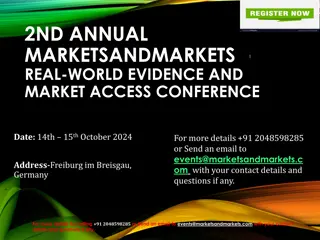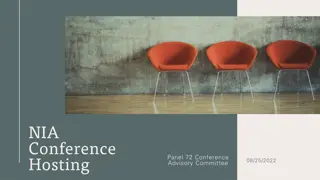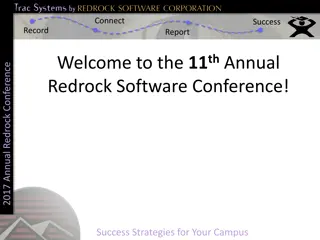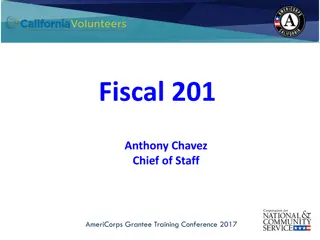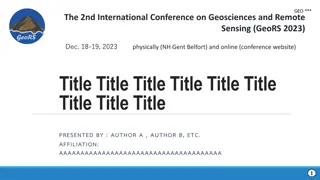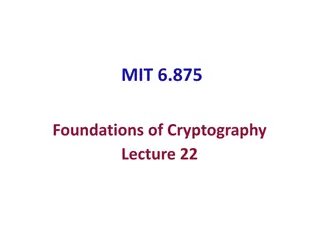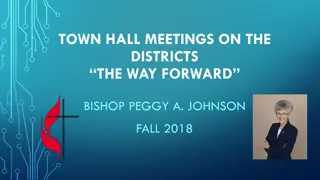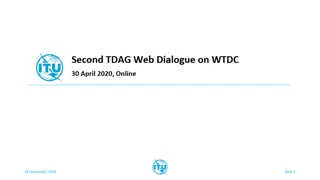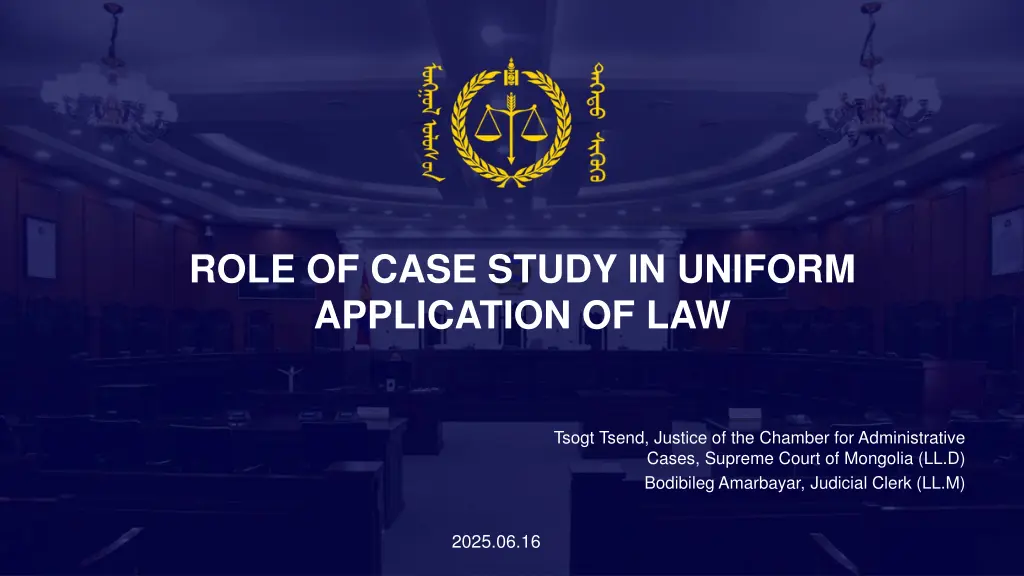
Importance of Case Study in Ensuring Uniform Application of Law
Discover how case studies play a crucial role in ensuring the consistent and uniform application of law, specifically focusing on the Supreme Court of Mongolia's utilization of case studies to maintain legal integrity and decision-making processes.
Download Presentation

Please find below an Image/Link to download the presentation.
The content on the website is provided AS IS for your information and personal use only. It may not be sold, licensed, or shared on other websites without obtaining consent from the author. If you encounter any issues during the download, it is possible that the publisher has removed the file from their server.
You are allowed to download the files provided on this website for personal or commercial use, subject to the condition that they are used lawfully. All files are the property of their respective owners.
The content on the website is provided AS IS for your information and personal use only. It may not be sold, licensed, or shared on other websites without obtaining consent from the author.
E N D
Presentation Transcript
ROLE OF CASE STUDY IN UNIFORM APPLICATION OF LAW Tsogt Tsend, Justice of the Chamber for Administrative Cases, Supreme Court of Mongolia (LL.D) Bodibileg Amarbayar, Judicial Clerk (LL.M) 2025.06.16
Role of case study 2021 reform of Law on Courts assigned Supreme Court of Mongolia the authority and function of maintaining uniform application of law. Accordingly, it established selection criteria for final appeal including discrepancy of law application among courts, divergence from the case law or abstract interpretation of the Supreme Court or a case of utmost importance in terms of new legal concept or law application. It is apparent from the content of the above criteria that case study is an indispensable element of determining whether law is applied in a uniform or consistent manner in individual cases.
Framework of case study Case study is the study of legal issues in which actual facts test the limits of norm. It is result of the converging point between abstract norm and definite facts. It should be emphasized that paradigm shift is underway as abstract approach is losing its traction.
Application of case study at Supreme Court of Mongolia The process of hearing a case is regulated by several internal documents, all of which posit legal research or case study as precondition of decision-making. Specifically, case studies of previous Supreme Court judgments have to be completed prior to hearing each case along with the bench memo, a document clarifying legal issues and an overview of the case. In some cases involving new legal concepts, a study of foreign law or recent trends helps the bench to grasp the depth of the issue at the hand. In terms of database and research, judgment databases such as shuukh.mn, legaldata.mn and case management systems offer published judgments.
Example of case study There are several cases of the Supreme Court in which imposing tax on the basis of an article set aside by Constitutional court should be considered legal. For instance, the tax inspector imposed mineral royalty on non-license holders, that is, applied tax law retrospectively (minerals were exported and sold in 2018 even though non- license holder tax was introduced in Nov 2019). Gegeen Khelkhee v. Tax Admin., Supreme Court (Administrative Case Chamber) 2024.11.29 No.131 and Arvinkhuder v. Tax Admin., Supreme Court (Administrative Case Chamber) 2024.11.29 No. 132 both found the imposition of tax on non-license holders to be void and a violation rule of law. Later case of HNSJ v. Tax Admin., Supreme Court (Administrative Case Chamber) 2025.03.10 No. 25 followed the ruling of the above cases.
Challenges of case study (1) Infrastructure for case study is yet to be established in Mongolia. Case databases such as shuukh.mn is designed for transparency not for case study. Though Legaldata.mn shows signs of improvement in terms of case study, there is room for better functionality. It seems that some major jurisdictions established case reporter for accessibility, consistency and predictability. It is possible to gain insight from case reporter.
Challenges of case study (2) At the current stage, case study is deemed to be an internal procedure of the judiciary. Participants or parties of the case have no proper access or tools to case study even though parties are entitled to demand the court to apply the law in a uniform manner. There is a trend of promulgating regulation of uniform application of law which sets the groundwork among the judiciary, parties and legal scholarship. For instance, China has adopted Measures for Efforts on the Uniform Application of Law and Vietnam adopted Resolution on Selection, Publication and Application of Judicial Precedent , both of which provides guidance on case study and case law committee.
Challenges of case study (3) Human resources is the most challenging aspect of the development of case study in Mongolia. As legal education and research were not dedicated to case study, there is no space of where legal research the meet judiciary. 2021 reform of Law on Court introduced the position of judicial research-clerk whose duty is perform research of cases. However, experience shows that the market of judicial research-clerk is narrow as most of the current judicial research-clerks are the ones who previously worked as court clerk. After all, it is the judge or person who carries or transforms the law application.
Challenges of case study (4) Methodology of case study is not discussed enough. At the Supreme Court, the language of identicaljudgments is thrown around. However, it is not clear what is meant by identical judgments. Methodologies of case study including ratio decidendi have to be refined.
Challenges of case study (5) Parties have the right to equality before the law. Therefore, the final appeal has to follow certain content and a framework indicating the grounds of selection criteria. It seems that several jurisdictions adopted the rule on content of final appeal such as legal issues and table of authorities. It is hard to conclude that we escaped from the previous practice of final appeal to each decision.
Conclusion O. W. Holmes, former justice of the US Supreme Court stated that The prophecies of what the courts will do in fact, and nothing more pretentious, are what I mean by the law and case study is the key to it.




